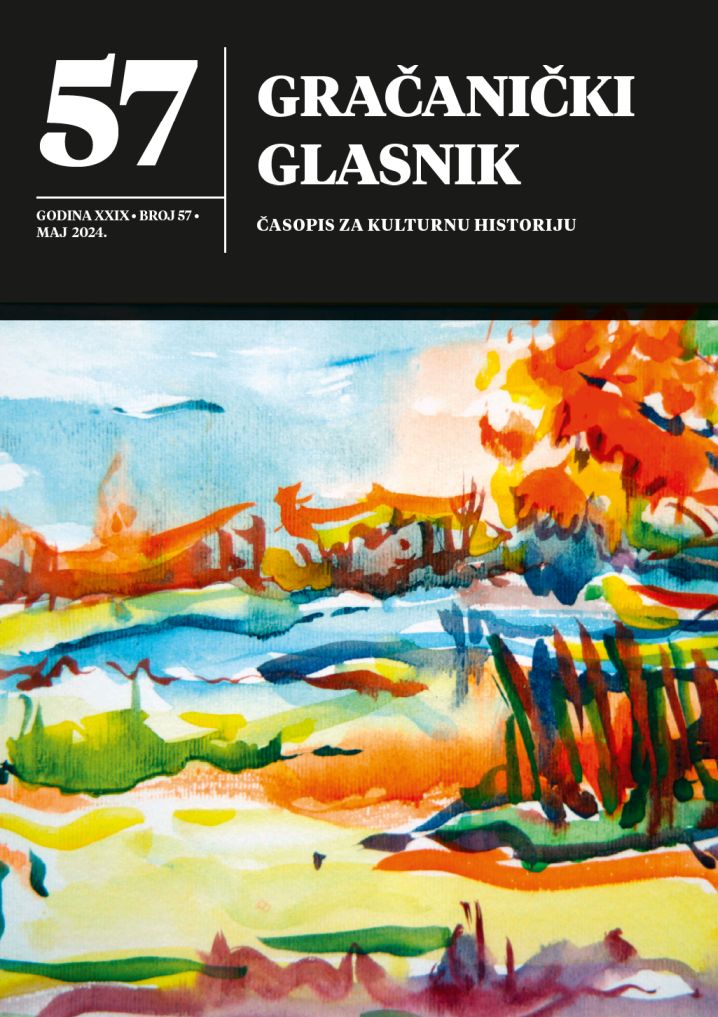Jedan elaborat o privrednim kretanjima u Sjevernoj Bosni u prvoj deceniji habsburške vladavine
An essay on economic trends in Northern Bosnia in the first decade of Habsburg rule
Author(s): Muhamed NametakSubject(s): History, Agriculture, Local History / Microhistory, 19th Century, Pre-WW I & WW I (1900 -1919)
Published by: Izdavačka kuća »Monos« d.o.o
Keywords: serfs; village; Bosanska Gradiška; Gracanica; greengrocers; drunkenness; credit; agriculture;
Summary/Abstract: The essay, presented on the previous pages, gives us a detailed insight into the state of Bosnian society at the end of the first decade of the Habsburg occupation. Although it was written with the original aim of analyzing and ultimately improving the state of credit in the country, the work represents a significant source for the study of other acute problems that plagued the society of Bosnia and Herzegovina, primarily the agrarian issue, usury, alcoholism and immigration, the so-called kuferaši. Also, the paper can trace some of the measures implemented by the land administration in order to suppress these harmful phenomena, such as the adoption of a ban on the pouring of spirits. The most significant aspect of this work is that the author successfully connects all these problems with the general state of poverty, poor cultivation of the land and general dissatisfaction of the rural population, thus giving a wider dimension to problems such as the agrarian problem, which in historiography is often viewed as a purely economic issue inherited from the previous state organization . In this work, Stefanowski creates a broader perspective, which all researchers of Bosnian society in this period should have. The concrete result of the author’s work is the establishment of the Bosnia-Herzegovina Mortgage Institute, which began operating in 1889, and which represented an upgrade in the system composed of the Official Pension Fund and the Privileged Department of Union Bank. A more comprehensive inclusion of domestic financial sources, such as waqf funds, menafi chests and the fund of fines and court deposits is a measure that has been successfully implemented in the following period. It was also an upgrade from the previous system, where financial institutions had only state monopolies as a means of securing capital.
Journal: Gračanički glasnik - Časopis za kulturnu historiju
- Issue Year: 2024
- Issue No: 57
- Page Range: 157-184
- Page Count: 27
- Language: Bosnian

